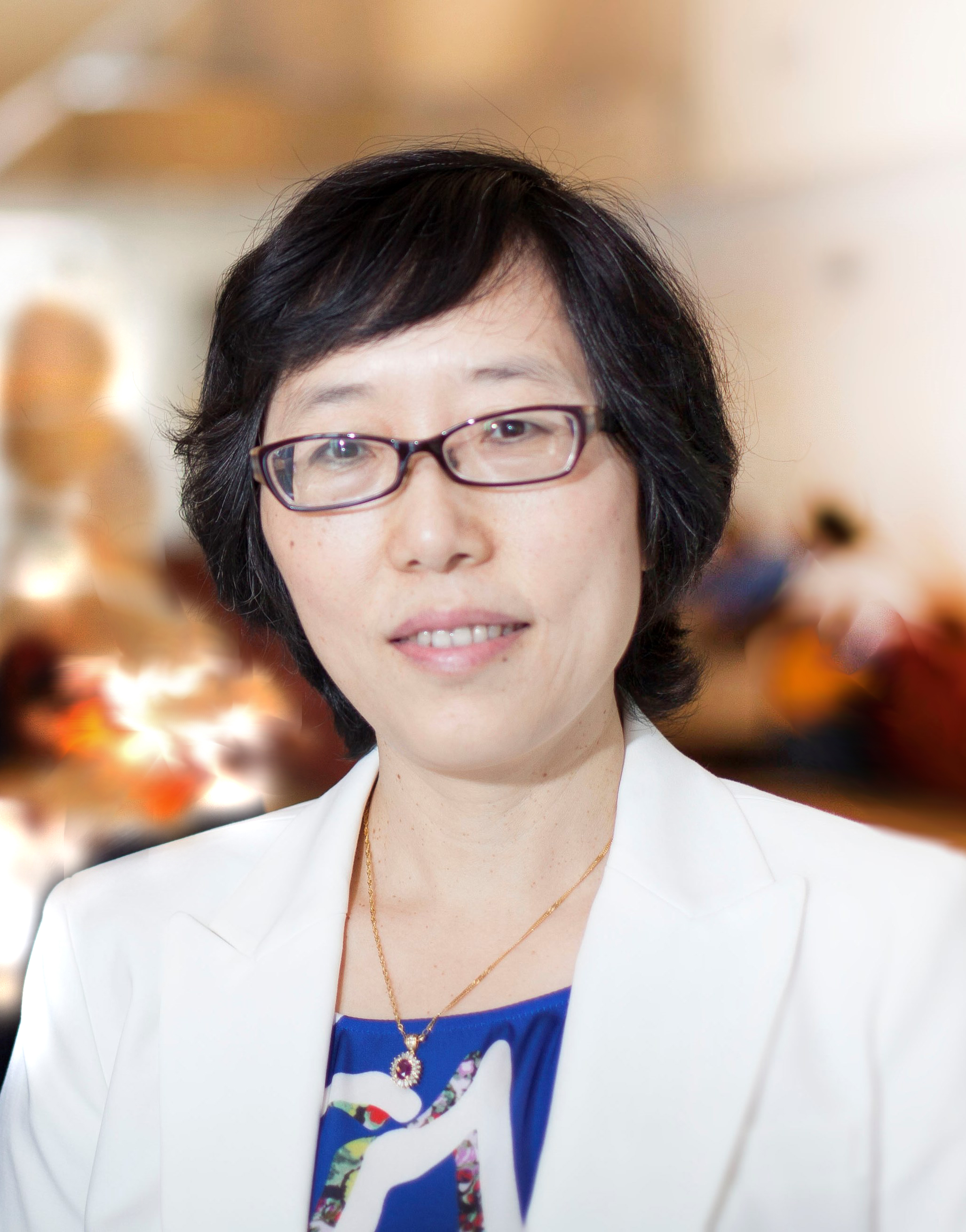Xiao-Ou Shu, MD, PhD, MPH
More Information
Global Health Research Interests: Cancer, Epidemiology, Nutrition
Countries: Viet Nam, Zambia
Dr. Shu is an Ingram Professor of Cancer Research at Vanderbilt University School of Medicine and the Associate Director of Global Health at the Vanderbilt-Ingram Cancer Center. She has developed important epidemiological resources, including the Shanghai Men's Health Study with 61,480 men and the Shanghai Breast Cancer Survival Study (SBCSS) with 5,042 breast cancer survivors. Dr. Shu also contributed to the Shanghai Women's Health Study, which involved 75,000 women.
As a founding leader of several consortiums, including the After Breast Cancer Pooling Project (ABCPP) and the Asian Genetic Epidemiology Network for Obesity-Related Traits (AGEN-Obesity), she has supported about 80 studies and published over 300 papers.
Her research focuses on the impact of soy food consumption on various diseases, including breast and lung cancer, and has influenced dietary recommendations for breast cancer survivors. Using data from the SBCSS and ABCPP, she has assessed the roles of lifestyle, nutrition, and genetics on breast cancer outcomes, discovering that tea and exercise reduce depression risk among survivors, while social support improves outcomes.
Dr. Shu's genome-wide studies have identified novel genetic markers for several cancers, diabetes, and other health issues. She also developed a breast cancer risk prediction model for Chinese women that incorporates genetic and traditional risk factors. She has authored or co-authored nearly 700 research papers in peer-reviewed journals.
Education
MD, MPH, Shanghai Medical College of Fudan University
PhD, Columbia University
